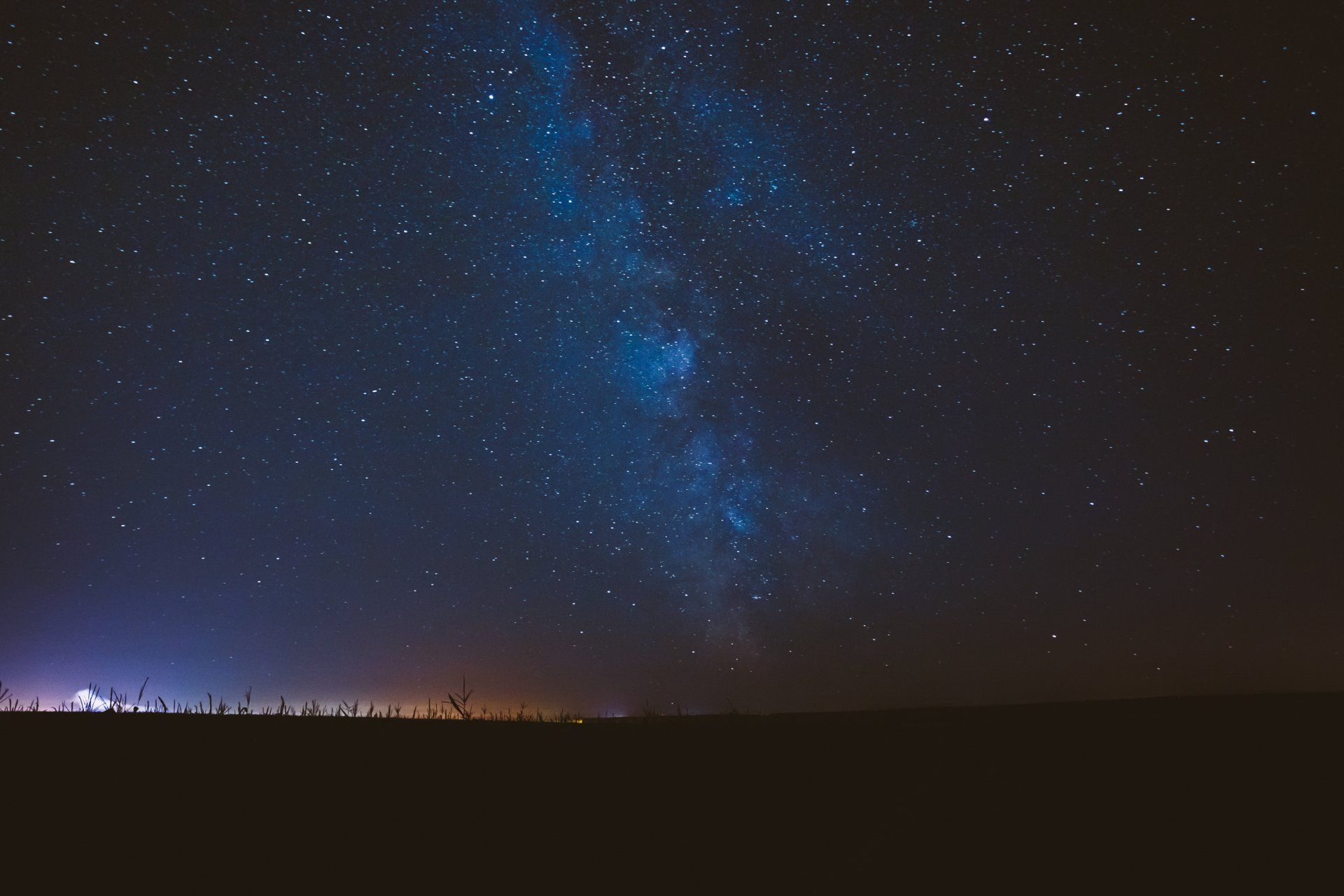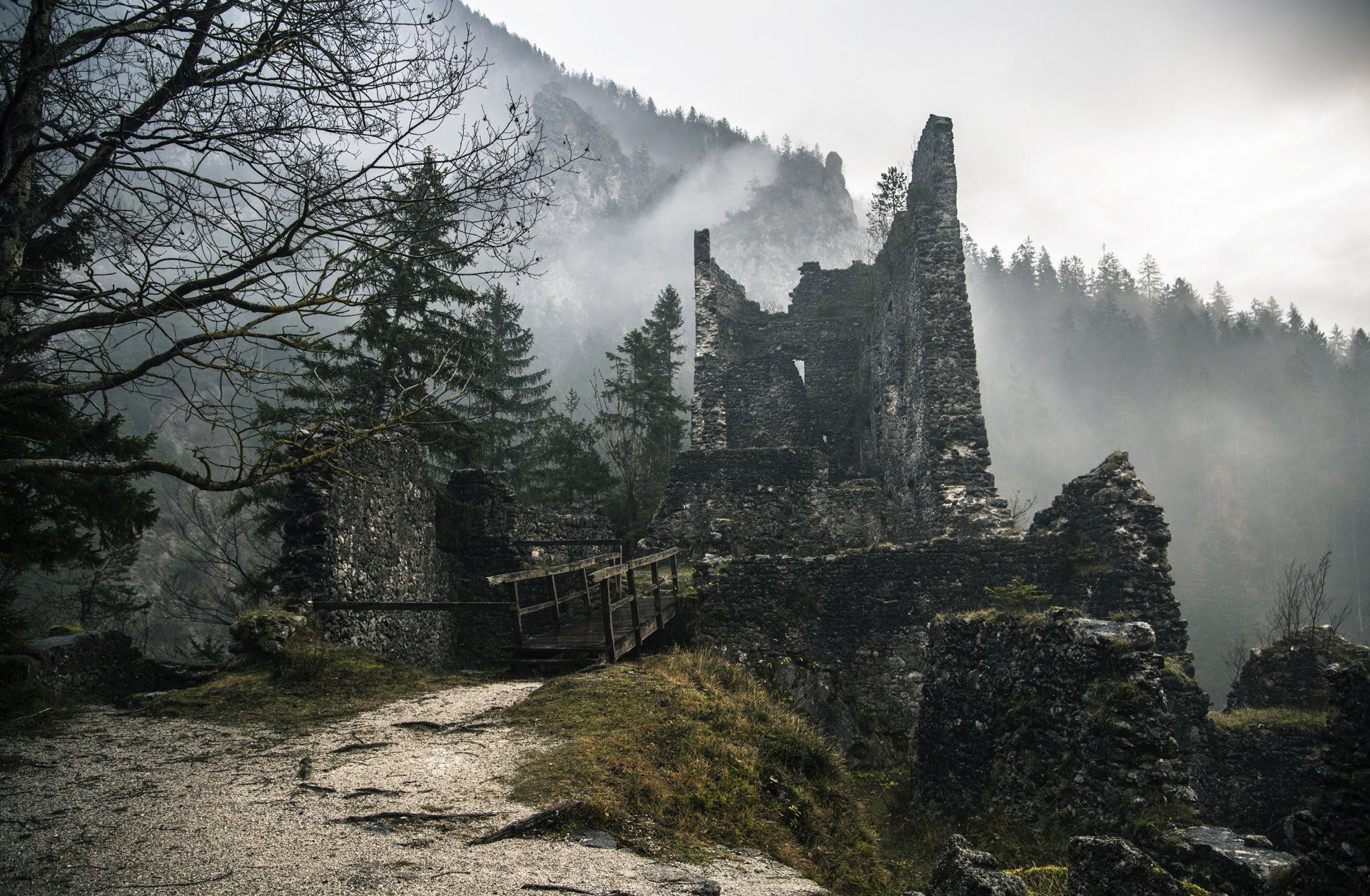THE CORRUPTION OF SUFFERING
Brian Harris • September 16, 2021
There is clearly no way to endure difficult experiences without them shaping us in some way. But I wonder whether it is possible to endure suffering without allowing it to corrupt our capacity for joy, or hope?
Through combinations of both the environments I have found myself in, and my own proclivity toward arrogance and stupidity, life has often presented me with certain challenges to overcome. The last few years, though, have been particularly difficult. Seasons of depression and anxiety – tragically common experiences for some, but new ones for me – which were triggered by difficulties I never thought I would have to face, have meant that my life hasn’t taken the shape I thought or intended. Or necessarily wanted. I’m still very quick to acknowledge the great number of wonderful and privileged things I get to participate in - and they are many. But the reality for many of us is that life can very quickly, and very unexpectedly become unbearably difficult. This, I think, is a universal truth.
In particularly difficult moments I find myself graduating from curious existentialism to raw despair; abandoning the idea that life is capable of yielding anything genuinely worthwhile. To deal with the difficulty I often become cynical, and bitter. I’m smart enough to see through
everything, to the corrupt motives that lie just below the surface; but not smart enough to recognise this as just a vain and deceptive coping mechanism.
Nietzsche warns us against staring into the abyss too long, lest it stare right back at us. “Whoever fights monsters,” he says, “should see to it that in the process they do not become a monster.”
But what if our monsters are not the disembodied evils that live under the bed but, rather, are the twisted shadows that form the underside of our virtues?
It’s a similar point to one made by Jordan Peterson in his latest book, Beyond Order. After he painfully recounts the ordeal he went through as a result of benzodiazepine withdrawal - one which brought him close to death - he says that to claim every human tragedy comes with some necessary life lesson is both insulting and simply untrue. Rather, the challenge we face is finding a way to learn from our experience rather than allowing it to corrupt us.
How do people endure great suffering without allowing the pain to corrupt what is still good in them, and in life? How can we reconcile the many challenges of life without resigning ourselves to cynicism and despair?
To answer the question I turn to the writing of those who were victims of perhaps the greatest of all human tragedies – the holocaust.
Victor Frankl, author of Man’s Search for Meaning, lost his wife and children and lived through the worst of all the camps. Through his tragedy he developed a psychotherapeutic method focused on a single idea: that hope was the most powerful human tool when it comes to enduring suffering. He observed that those who abandoned hope usually didn’t live very much longer. On the contrary, those who were able to identify some small thing on which they could cling – whether something as compelling as being reunited with a loved one or something as seemingly innocuous as needing to return home to tend to a garden – these people found the strength to endure.
Jonathan Sacks picks up on this in his final book, Morality. He speaks of heroes such as Yisraek Kristal and Edith Eger, who faced such horror and yet were still able to build a new life from the ashes. Quoting Eger he says, “there is a difference between victimisation and victimhood. Suffering is universal, but victimhood is optional.” In our modern context it would be easy to read these words as an indictment against those who find it hard to endure a life riddled with trauma and pain, but this is far from the intent. What these words mean is that at the end of the day, we are all responsible for one thing: how we approach tomorrow.
So, what does all of this really mean?
It means that as we wrestle with the painful and personal nature of suffering in our own lives and context, we must fiercely protect that which will ultimately save us: hope. For Christians this hope in not an arbitrary or ill-defined thing; it is the acknowledgment that suffering is not only an inevitable part of the human experience, but it is also the paradoxical substance of hope itself. The cross of Christ presents us with an invitation to travel through suffering, to redemption. The cross is both tragedy and beauty.
Tragedy because it reveals the inevitable result of unrestrained human ambition and corruption. Beauty because it lets us know that there is a much more powerful story being told. One which travels through darkness without being stained by it, like a butterfly emerging from a cocoon or a dead man walking from a tomb.
There is the promise too, that one day every tear will be wiped away, and every pain will come to an end. It’s not a promise to absolve our present pain, but rather a testimony to the goodness of a God who also suffers and will be with us throughout it all.

Sometimes, we categorise people out of Gods kingdom because they don’t meet the brief, they don’t fit our preconceived ideas and expectations. So, this Christmas, when I put my nativity in pride of place to celebrate “the King has Come”, I am reminded that a King didn’t come, at least not in the eyes of all those waiting on one. The nativity was the ultimate Kris Kringle (maybe the first!), where we quite simply don’t know what to expect and should always be prepared for a surprise, but it will be a gift.

St John of the Cross wrote: “If a man wishes to be sure of the road he treads on, he must close his eyes and walk in the dark.” When we can’t see, and can’t make any sense of things, keeping on can be the deepest form of trust. It can serve a profound purpose, for the dark night of the soul is sometimes the space between who we have been and who we will become.

